
There were some good points made today, but the main one was a big shrug – “not me, mate”. In this blog post I’m going to focus on what was said by the various core participants’ barristers. For more on what it was like to be there and why there’s a basket full of chocolate brussel sprouts on the Inquiry ante-room island, please subscribe to my newsletter (details below or here), which I’ll aim to get out tomorrow.
For the first time in a while, the hearing room was full, with a decent complement of journalists, lots of Subpostmasters, lawyers and the usual engaged members of the public. First up was the Post Office barrister Nicola Greaney KC, who seemed keen to phrase the scandal as little more than twenty-five years of bad corporate governance.
“When Post Office separated from Royal Mail Group in 2012” she said, “there was a failure to ensure board members and senior executives were briefed either on the fact that Post Office was a prosecutor or on the central importance of Horizon data to those prosecutions. There was a lack of clear lines of accountability for reporting on prosecutions to the board, which created the structural conditions for inadequate board oversight of prosecutions. This in turn severely reduced the board’s effectiveness in holding the executive to account. Similarly, there was a failure to share the first Clarke Advice or its substance with the Post Office board. This appears to have arisen from a collective failure on the part of the then Post Office legal team to appreciate its full significance. and inadequate processes being in place for sharing the substance of key legal advice with the Board, rather than a deliberate attempt to prevent the advice being considered by the board.”
Well, that’s a moot point. Greaney went on:
“Consistent with the prevailing mindset that has been revealed in the evidence in Phases 3 and 4, Post Office’s response to the Second Sight interim report showed multiple failings on the part of the executive. They adopted a defensive attitude from the start, the Second Sight’s negative findings, and consistent with an assumption of Postmaster fault, refused to entertain the possibility that Horizon, or Post Office’s treatment of Postmasters, including inadequate training and support were to blame. The evidence also shows that the board failed properly to scrutinise either the Second Sight interim report or Susan Crichton’s update paper for the July 2013 board meeting. Given the concerns raised about the existence of bugs, about Post Office’s investigation function and about the treatment of postmasters, the board’s failure to challenge the executive was a significant one, particularly given the concerns raised by the board about claims for wrongful prosecution leading to a notification to insurance.”
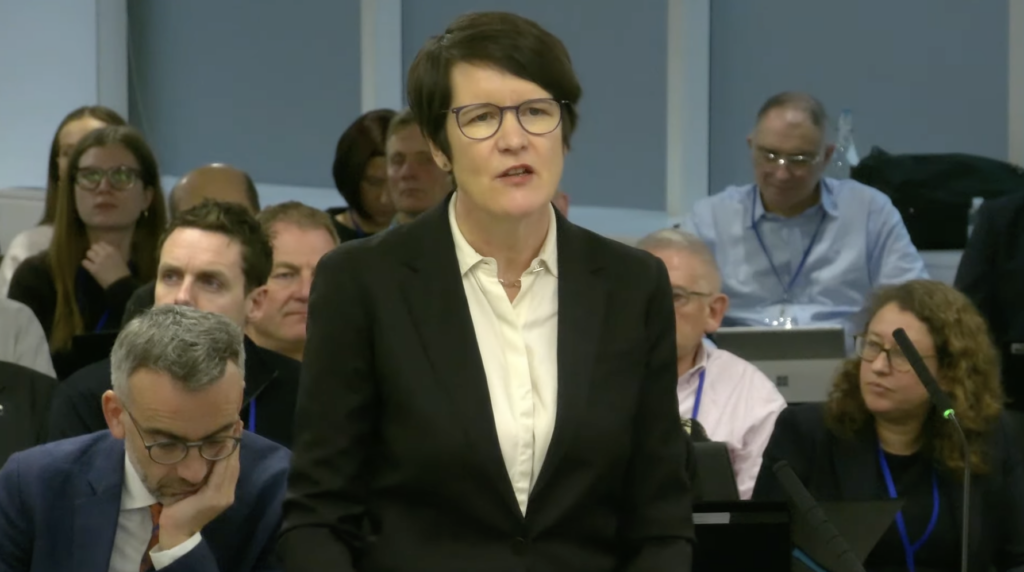
On where we are now, Greaney feels the Post Office is at a “critical juncture”, reminding everyone that the Post Office “has been loss-making since its separation from RMG in 2012. In the face of significant commercial and structural challenges, those losses are expected to worsen in the future. The Government has nonetheless long held the view that Post Office should be financially self-sustaining and not rely on Government subsidy. Post Office is looking forward to receiving greater clarity from Ministers as to how that could or should be achieved. policy objectives that would underpin it.”
Greaney addressed compensation, recognising that “until all Postmasters receive full and fair redress, there is no prospect of them achieving closure in respect of their status of these terrible events. Post Office remains fully committed to playing its part in ensuring that postmasters receive full and fair redress as quickly as possible. It has been the long-held view of Post Office that the compensation scheme should be run independently of Post Office because the perpetrator of injustice should not administer the assessment of redress. It is also Post Office’s view that legal advice should be offered when the £75,000 fixed sum is offered to postmasters. Simon Recaldin [Post Office Remedian Unit Director] has informed DBT of his view that there should be consideration of extending the schemes to family members and Post Office welcomes DBT’s consideration of this.”
Greaney told Sir Wyn Williams, the Inquiry Chair, that the “Post Office would be happy to provide further written updates to the inquiry as to the progress of the redress schemes if that would assist the inquiry.”
The came the Vennells blame bus
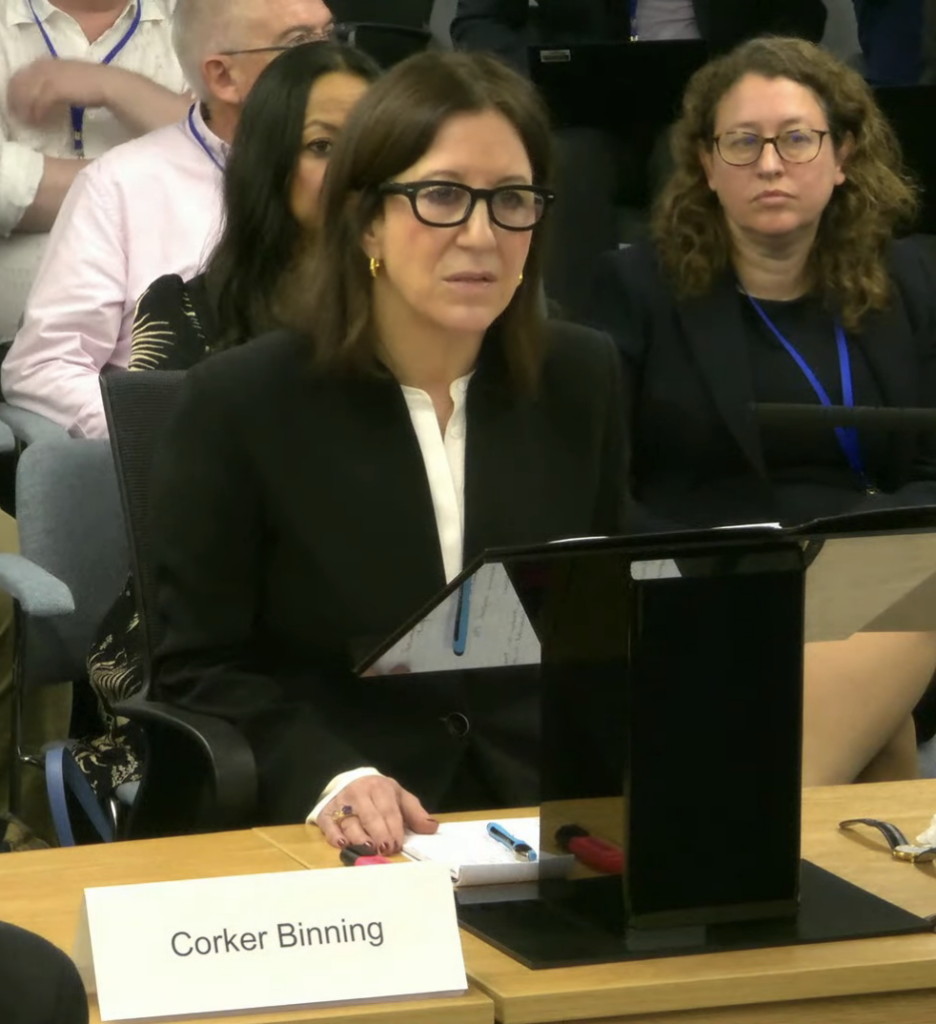
In a bid to avoid criminal charges, Paula Vennells attempted to paint herself as one of the worst CEOs in history. Loads of stuff was clearly going on, but she knew nothing about it, either because her skillset precluded her from knowing anything, or because her scurrilous/incompetent execs weren’t telling her about it. As soon as she did find something out, she told her superiors, who did nothing. Vennells’ barrister Samantha Leek KC said:
“Taking over the helm of Post Office at the time of separation from RMG we have heard was a gargantuan task. It was simply not possible to delve personally into each matter raised, nor realistic that she [Vennells] would have the expertise in all disciplines to do so. Why should she not have been entitled to trust Ms [Susan] Crichton, Mr [Mike]Young and Ms [Lesley] Sewell to give her the unvarnished position. Ms Vennells had no background in IT and was never employed by post office in an IT role. Post Office had an IT department which included IT technical specialists and senior managers – for example Mr Young and later Ms Sewell – whose role was to keep the board and the executive team in full. of important matters. Ms Vennells relied and submits that she was entitled to rely on Post Office’s IT function to provide accurate information to her, to the board and to the executive.”
Warming to Vennells’ ‘naming names’ theme, Leek told the Inquiry:
“The receipts and payments mismatch bug in HNGX was discovered in September 2010. have affected up to 62 branches, with two branches being impacted twice. Fujitsu prepared a paper dated 29 September 2010 for a meeting with POL [Post Office Ltd] to discuss the bug. They noted that the bug was impacting around 40 branches. Mr Young accepted that he was informed of in February 2011, several months after its discovery. Miss Sewell was aware of the bug by the 4th of March 2011. Miss Vennells was not made aware of the bug until May 2013. The inquiries had no evidence to the contrary. Mr Young and Miss Sewell both accepted that they did not escalate their knowledge of the bug to Ms Vennells when they first became aware of it.”
It wasn’t just her IT guys. Her former sidekick Angela van den Bogerd and the hapless Head of Product and Branch Accounting Rod Ismay “knew, at the latest in early 2011, that Fujitsu could, in certain circumstances, alter branch data remotely without Sub-postmasters’ knowledge. They were two of a substantial number of POL managers who had been made aware of this by 5 January 2011. There is no evidence that any of these managers escalated their knowledge to the board or the executive team. It is clear from the oral evidence of two of the most senior managers involved, Mr Ismay and Ms Van den Bogerd, that they did nothing to escalate their knowledge. Ms Vennells still does not understand why they would not have done so. The knowledge with which Mr Ismay is fixed runs directly contrary to what he had written in the Ismay report as to there being no backdoors in Horizon.”
Next up – legal. Leek told the Inquiry that Susan Crichton, the Post Office General Counsel had said in Jan 2012 “The business has also won every criminal prosecution in which it has used evidence based on the Horizon evidence systems integrity.”
Leek says Vennells “had no reason to question this” and so this is what she told James Arbuthnot on 18 June 2012. Leek said “Ms Vennells now knows and accepts that that was false. She still does not understand why Ms Crichton failed to give her accurate information but would not have considered that she needed to verify what she was being told by her General Counsel.”
Of the Clarke Advice, Leek says: “Simon Clarke sent his expert evidence advice to Post Office on 17 July 2013, the day after the 16 July board meeting. Its circulation appears to have been limited to Ms Crichton, Mr [Rodric] Williams, Mr [Hugh] Flemington [all from the Post Office legal team] and Mr Parsons of Bond Dickinson. Ms Crichton confirmed that the document was not sent to the board. Ms Crichton did not set out in writing anywhere a complete or accurate summary of the substance of Mr Clarke’s advice. It was her job to do so. Nor did her successor Mr Aujard. Indeed, while Mr. Aujard received a copy of the advice in a briefing pack from Cartwright King, he claimed [he wasn’t sure] whether he had read it in detail. He suggested that his view at the time was that it was a “historic detail” that was being dealt with through the case review process. This might go some way to explaining the messaging received by Ms Vennells.”
Vennells was told the gist of the Clarke Advice, but “in a way which was piecemeal, unstructured and incomplete.”
Leek explained: “First, Cartwright-King’s advice that Post Office was obliged to review past prosecutions was summarised in Ms Crichton’s update paper for the board meeting of 16 of July 2013. Second, this paper did not mention Mr [Gareth] Jenkins, nor the fact that Cartwright-King had advised Post Office that it was obliged to disclose the two bugs in HNGX and the Helen Rose report. Third, it also did not mention that Mr Jenkins and Post Office had breached duties as an expert witness and prosecutor, respectively.”
Leek then delivered her summary. “Ms Vennells simply did not receive the information which she ought to have been given by her senior team, whom she trusted and to whom she delegated responsible roles… Ms Vennells still does not know why key information was not passed on to her and explained. She believed her senior team and General Counsel to be working hard and doing their best to investigate the Subpostmasters’ complaints in good faith. She had faith in them and as far as she was concerned had good working relationships with them. She is devastated by the fact that information was not shared with her. She has no desire to point the finger at others.”
At this point, there was laughter in the room.
Fujitsu does no longer heart the Post Office
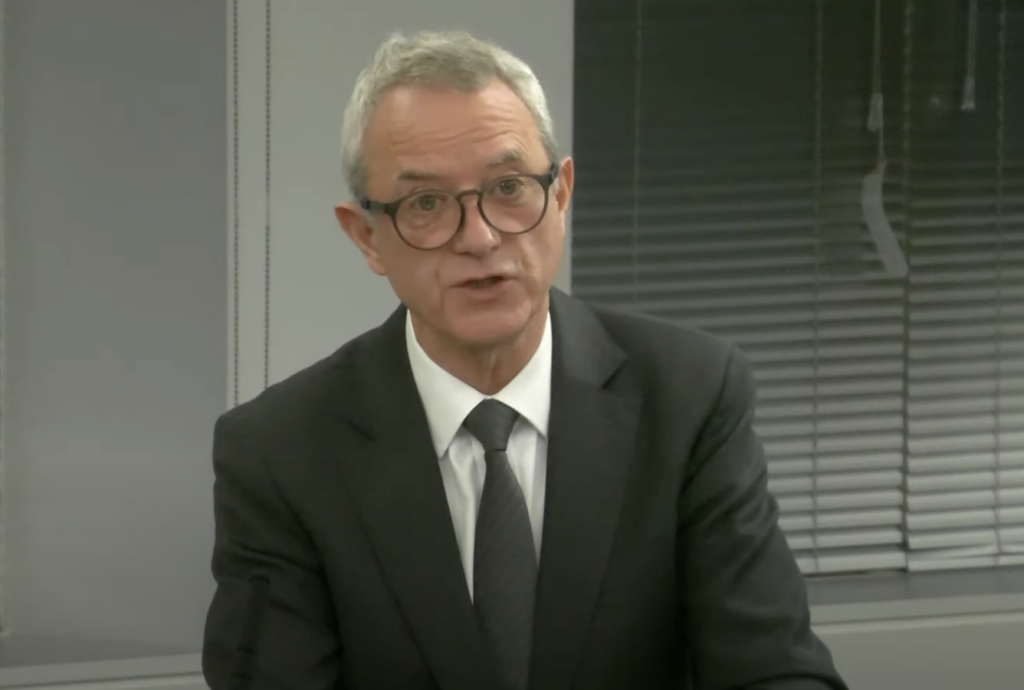
Fujitsu built its UK empire on Horizon – a golden goose perched on the broken backs of hundreds of Subpostmasters. Was it responsible for the scandal? Not one jot. Was it going to get involved in giving Subpostmasters any help or compensation? Not bloody likely. Fujitsu’s barrister, Richard Whittam KC spent his time telling Sir Wyn Williams what a dreadful organisation it had for a client. On the issue of bugs, errors and defects, Whittam said:
“Post Office has been aware for at least 25 years of the potential for and existence of bugs, errors and defects in the Horizon IT system, as well as the potential for those which are unknown and unresolved to exist. Post Office was also aware in 1999 of the potential for bugs, errors and defects and the impact upon the integrity of branch accounts.”
“By way of illustration,” he said, helpfully “in the annex to Fujitsu’s final written closing submissions in this inquiry Fujitsu has identified at least 70 individuals within Post Office and Royal Mail in relation to whom the inquiry has received unequivocal evidence of their knowledge of bugs, errors and defects. This includes members of the Post Office board, senior executives, in-house lawyers, as well as individuals working in Post Office’s security and investigations teams.”
On remote access Whittam said: “Fujitsu has reiterated this position throughout the inquiry. Remote access was and remains a necessary part of the suite of support tools available to manage the live operation of the Horizon IT system, including the attempts to rectify bugs, errors and Indeed, support staff from Fujitsu state in evidence that they could have not done their jobs or operated Horizon without it. In its opening statement to this inquiry, Fujitsu submitted, I’m sure you will recall so, that the Post Office had been aware from an early stage of Fujitsu’s ability to remotely access the Horizon system. That submission has been borne out by the evidence given to the inquiry, and was belatedly accepted by Post Office in its final closing submissions.”
Which rather begs a question I have put before – why did Fujitsu not tell anyone that the Post Office was lying to the public and to journalists over the issue of remote access. Perhaps, it was, as Whittam said, Fujitsu was “inappropriately deferential to Post Office”. This was the reason given for Fujitsu’s role producing boilerplate witness statements used in court to ruin Subpostmasters’ lives. Whittam says Fujitsu “recognises that it failed properly to support those of its employees who engaged directly with Post Office and its lawyers in respect of prosecution support. This is particularly so for those who engaged directly with the Post Office in the provision of documentary and witness evidence in relation to post office prosecutions and civil actions. With technical employees often left to engage directly with post office internal and external lawyers, rather than having appropriate mechanisms by which to monitor and support those employees. In his written closing submissions, Gareth Jenkins notes particular failings of Fujitsu in its management and oversight of the prosecution support which he came to be required to provide. So I can make it clear that Fujitsu accepts those failings.”
So – maybe Fujitsu is culpable after all? As for Fujitsu’s benighted Distinguished Engineer Gareth Jenkins, his barrister, Claire Dobbin KC, took an hour of the Inquiry’s time to tell us the same four things over again in slightly different ways. On one occasion, she helpfully numbered her points:
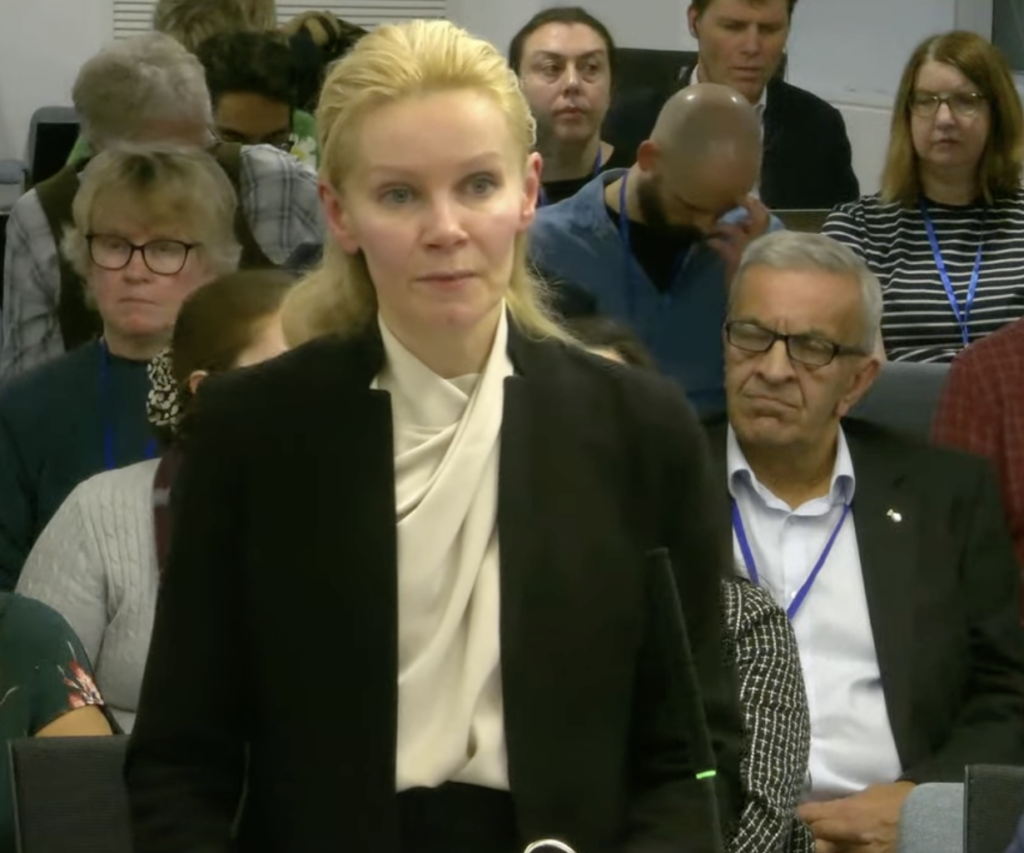
“First, the Post Office was well aware of the bugs and issues that it was accusing Mr Jenkins or Fujitsu of not having disclosed. Second, that Mr Jenkins was not instructed at all. expert in a single case in which he gave evidence. Third, that this failure to instruct Mr. Jenkins as an expert was apparent to Cartwright King and Post Office from the point of the clerk advice in 2013. Fourth, that Post Office as an organisation and individual investigators and prosecutors did not know or did not apply basic laws and rules and guidance which apply to prosecuting.”
And that – more or less – is all you need to know.
Finally, the Department for Business and Trade, on behalf of the government had a go. Nick Chapman KC pointed the finger at those within the Post Office who “acted in the despicable way that it did because of the choices of those people individually and collectively, and this scandal involves a cast of characters from inside and outside the Post Office, including, but by no means limited to, the Post Office Board and executives, staff in its branch support, communications, IT and security and investigation teams” plus “employees of Fujitsu, the NFSP leadership, central government and its agencies, and perhaps most invidiously and reprehensibly of all, lawyers, all contributed in their own way to this scandal.”
The scandal was “a story of false assurances of a culture of secrecy of spin doctors of untruths and half-truths repeated as mantra to board members, officials ministers, MPs and the great British public. Of institutional and individual arrogance, incompetence, dishonesty and cover-up. Of misleading official advice, of false testimony, of disclosure failures, of bad lawyers. Most of all perhaps. It’s a story which has its origins in the Post Office’s corporate attitude of contempt for the very people who are the face and the heart of the institution.”
And whilst the whole thing was mostly the Post Office’s fault, Chapman accepted DBT “is ultimately accountable for the actions perpetrated by the Post Office. The simple and inescapable truth is that it failed to prevent this scandal from happening and the Department is responsible for the system of oversight over the Post Office… that system failed to provide adequate scrutiny and challenge in relation to Horizon and ultimately it failed to escalate and expose the right information to the right people in government.”
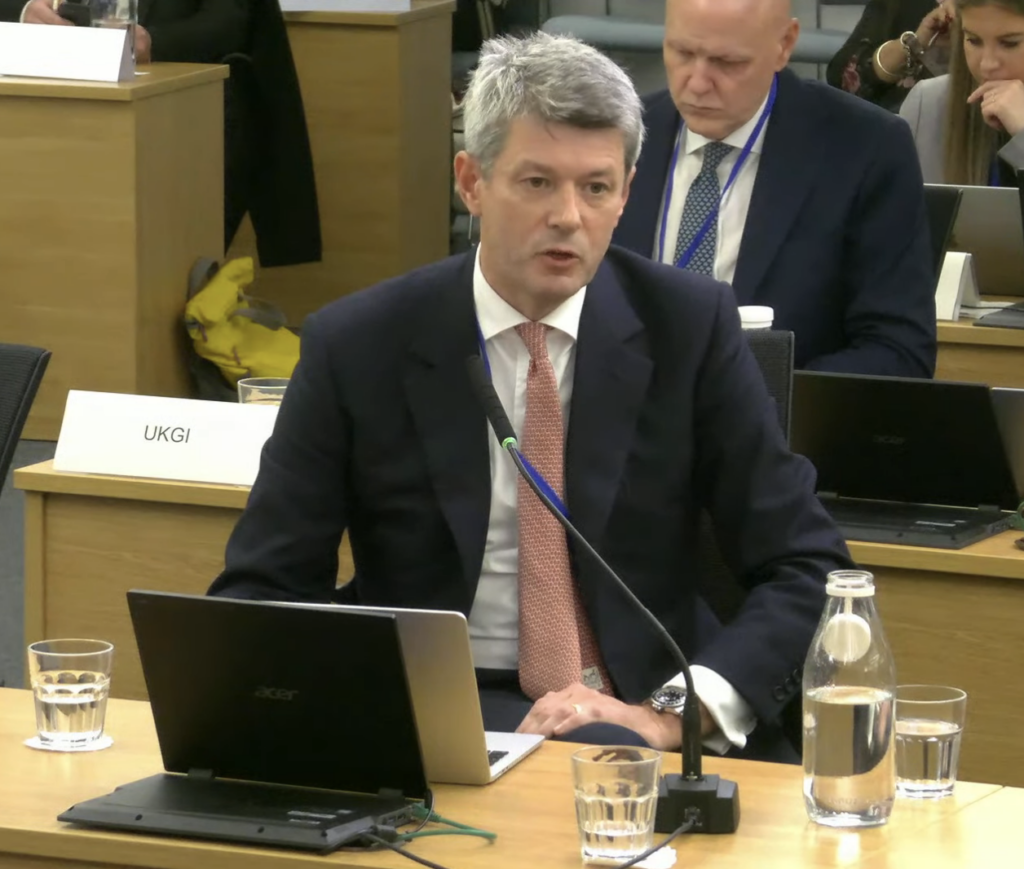
But… “time and again, the Post Office provided materially false, misleading or incomplete information to government ministers, to Parliament, to the criminal courts and to the British public at large. Frequently, especially before mid-2018, the officials from ShEx/UKGI, whose job it was to scrutinise and challenge the Post Office at the tier above the board, identify and surface risks and provide impartial, objective and well-researched information and advice to ministers, appear to have done not much more than repeat what the Post Office told them.”
Chapman said a number of good things about Postmaster redress, failures of lawyers and the misinformation passed to ministers by conniving Post Office execs and board members, but this blog post is getting long enough. Rather than duplicate it here – do have a look at today’s tweet thread where I have quoted Chapman and the other barristers verbatim.
At the end of the day, Sir Wyn Williams issued a series of thank yous, including to those “who attend in person as opposed to remotely for their good humor, discipline, and ability to sit through evidence and submissions, which no doubt some of them found extremely difficult to hear and take in.”
Then Sir Wyn acknowledged the “question on all your lips: ‘but when will he report?’” He told the assembled:
“Genuinely, I do not know, and so I make no promises other than I will report as quickly as I sensibly can once I am satisfied, and I need to be satisfied, of all my crucial conclusions. That is, without doubt, many months away, but I hope it’s not much longer than that, and that’s all you’re getting from me by way of a prediction.”
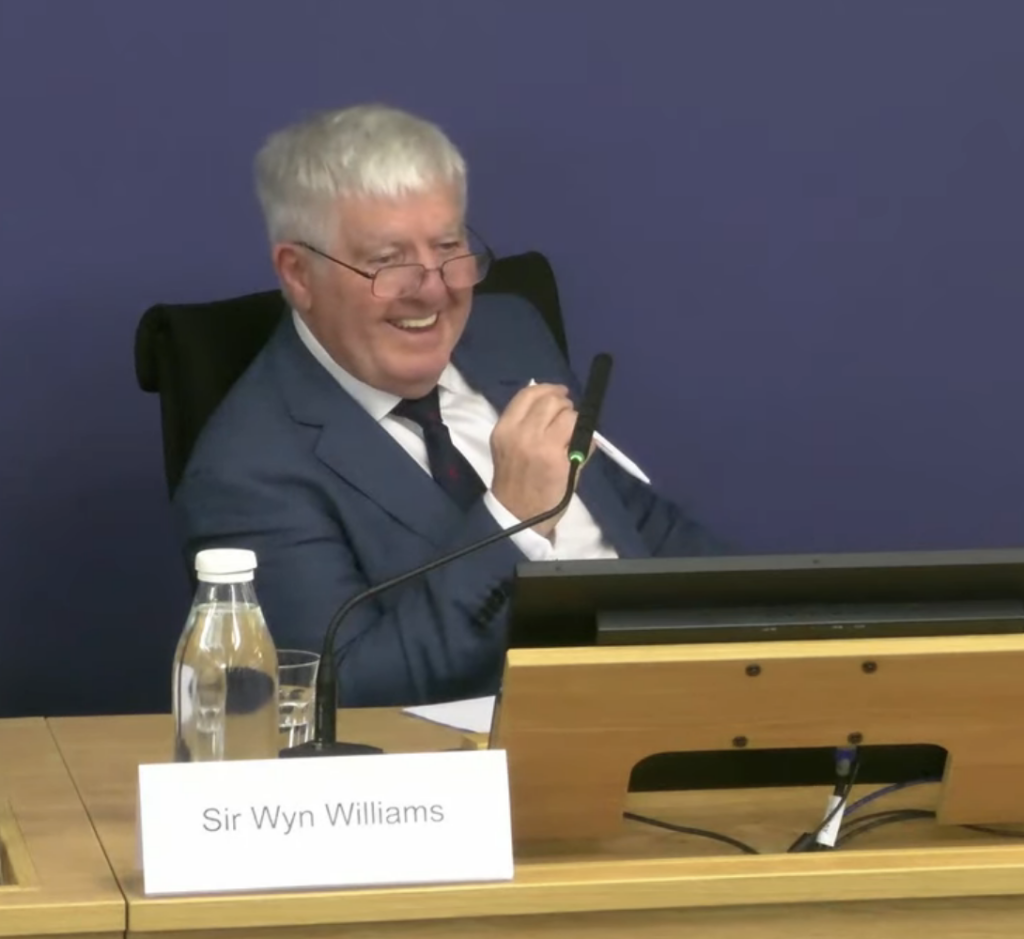
And with that, he and his assessors walked out to a spontaneous and lengthy ovation from the audience. One barrister with experience of inquiries told me he’d never seen that before. After three long years, Williams clearly still holds the confidence of the room. Now he has to deliver.
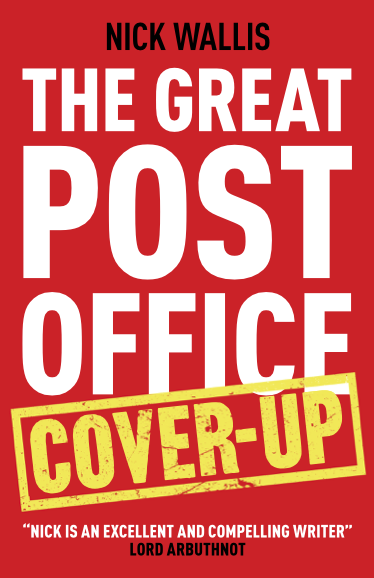
I am writing a new book about the Post Office scandal called The Great Post Office Cover-Up. You can put your money down now for a limited edition signed, numbered, hardback copy. Doing so will help support an independent publisher, help support the Horizon Scandal Fund and offer you the opportunity to join my secret email mailing list without having to make a donation. For more info about the book, click here!

Leave a Reply